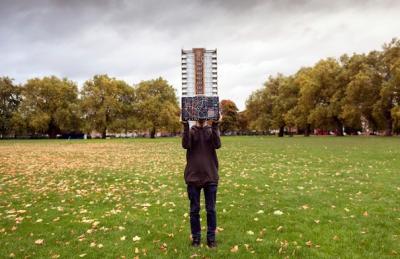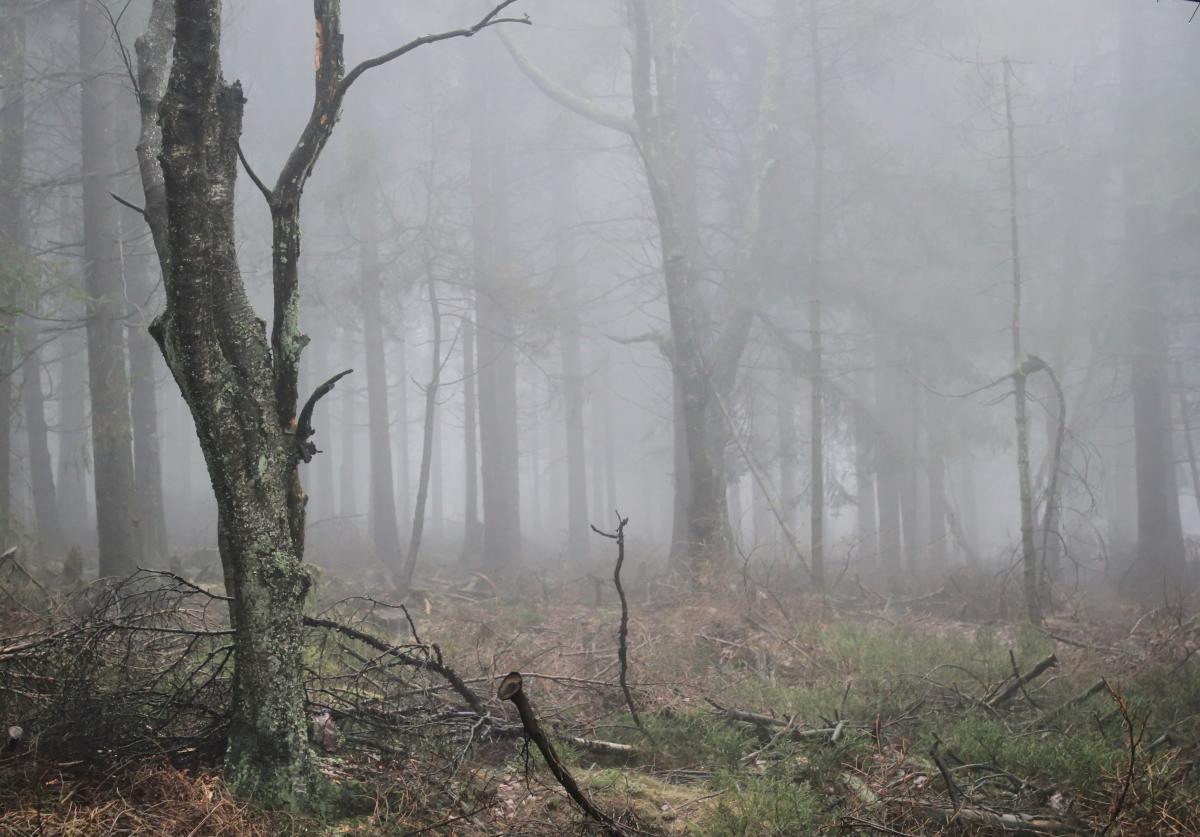
Black Metal in Georgia
While Heavy Metal has been around already in Soviet-times, it was not until 1995 that the first Black Metal concert in Georgia took place. In the interview the Black Metal veteran Vaso Doiashvili who plays in the Band Ruins of Faith opens up and tells about his experiences: how the orthodox church, the Georgian mentality and the missing infrastructure make life difficult for the growing scene.
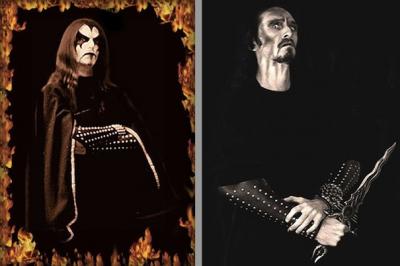
When first visiting Georgia 2007 for a literature stipend, I was not actively following metal music’s evolution but nevertheless I’ve stumbled across some graffiti in the Mziuri Parki in Georgia’s capital Tbilisi. I could figure out the redrawn logos of international bands such as Metallica and Behemoth. It left a short note in my long-time memory. Then, back in 2011, I did some research on black metal’s role for the Georgian cultural spheres. Back in Germany, I sought contact to Vaso Doiashvili, a veteran in the Georgian extreme metal scene, who was involved in the first black metal concert in Georgia from the band Pergamo. They wore full make-up, used candles and the usual black metal paraphernalia. The interview was done in September 2013 by e-mail.
[Dominik Irtenkauf]: You first met extreme metal while you were staying in Türkiye. For what reasons were you visiting the neighbouring country?
[Vaso Doiashvili]: Yes, it was Ankara. The reason for my emigration to Türkiye was a very bad political and economical situation in Georgia. The country was in a crisis and I moved to Ankara for a living.
[DI]: How did you find to black metal?
[VD]: I heard about black metal in the 1990s while I was browsing through radio channels. I found the frequency of a Russian radio station, which was playing songs of Immortal, Bal-Sagoth, Dimmu Borgir and Emperor. I was impressed very much, after I found some pictures and interviews in magazines like Metal Hammer and Kerrang which came to Georgia with a delay of about one year after they were published.
[DI]: You have founded Pergamo and played a black metal concert in some local pub in the year 1995. How many people were attending this concert? And if it was the first black metal concert by a Georgian band, what reactions came from the authorities and from the media?
[VD]: Actually it was only the underground scene, not a pub. What I can say about the concert is: our gig was the first and last true underground black metal live concert in Tbilisi. There were about 300 metalheads, punks, rockers etc. attending. The reaction of the press was very negative: In newspapers was written that we were satanists, black metal is no music and society must react against us for such deeds.
The local scene is still facing structural problems: you can hardly purchase high-quality instruments and even more, metal scenes can only thrive on loyal followers. In Georgia, extreme metal or metal in general knows only small support and a countable fan following. Reasons are many: unlike as in some European countries like Germany or the Scandinavian countries, there is no public agenda of culture opening up to even metal bands. Another reason might be found in the unstable political conditions which unable funding projects. No specific research has been done on the infrastructure of rock and metal scenes in the Caucasus; most monographs base their argumentations on political, civil and economic processes but no words are shed on musical progress.1
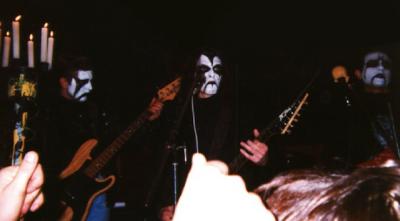
[DI]: How long were Pergamo existing and what band(s) are you currently involved in?
[VD]: Pergamo existed for 2 years, we had intensive rehearsals for recording the album but before recording Pergamo disbanded. Now I'm on vocals in Georgian bands like: the alternative/doom/metal band Illuminated and the progressive/black/death metal group Im Nebel.
[DI]: What does it mean to organize concerts with Im Nebel?
[VD]: In fact Im Nebel aren't organizing any concerts here. There were just three or four band festivals (70-100 people attending) and it was like a favour from another organizer to support the concert scene with our gig. Some musicians and bands know that to organize a metal concert is just another pain in the ass (smiling) and losing money, thus they prefer not to organize live concerts in Tbilisi.
[DI]: You told me you went to the Brutal Assault festival in the Czech Republic. For what reasons, do you think, tours and festivals like this are missing in your home country Georgia?
[VD]: I went to the Brutal Assault festival for the second time, just like a usual metalhead. My first visit was last year to Brutal Assault 17 and I love it cause first of all it’s a small fest. I mean, ten to fifteen thousand people come to visit the festival, bands are more close to my taste than at other fests like Wacken etc.. I think such festivals will never happen in Georgia because of mentality of Georgian people and also because of the popularity of the Christian Orthodox Church.
Some other cultural activists in the country, like poets and writers, tell me that the Christian Orthodox Church in Georgia does have no say in cultural matters. In the end, it depends on the perspective: poetry is subtle and «silent» in its expressions whereas black metal screams out its attitude of no acceptance and no tolerance. For Orthodox Christians, singing against religions and most of all Jesus as central figure in Christian beliefs, bears a danger to their spirituality’s core. When Communism failed and after the military struggles had ended in the mid-nineties, the Orthodox Church filled in the vacuum of offering identification for a nation building. The post-Soviet process of nation building hasn’t been ended yet and there’s no end in sight. With a century-long history of battles against non-Christian nations, Georgia has evolved an understanding of itself as bulwark against «heathen culture». Black metal readily steeps into this taboo: to become pagan and connect to a past older than the first monks in Georgia in the 4th century AD.
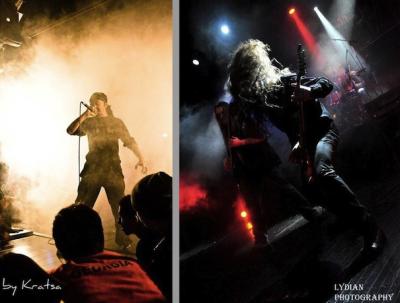
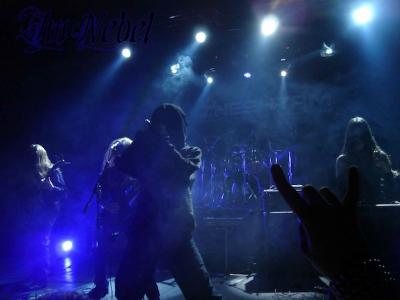
[DI]: Metal is not big in Georgia – is this because of different tastes or of religious and/ or political reasons?
[VD]: Yes, the Orthodox Church is very strong here and the mentality of Georgians doesn’t fit with metal culture, even though I don't really understand how this band Im Nebel survives under such terms. It's really amazing (laughing).
[DI]: Do you think there is a specific Georgian blend of black metal?
[VD]: I think maybe something like a mix of Georgian folk music, metal and pagan culture of our country will be very interesting. This would be a unique blend of black metal. Unfortunately, at this time there are no metal bands who are interested in making such music. I really don’t know why. I don’t want to talk much about Georgian folk music because it’s already popular in Europe and it’s really unique and beautiful. Now you ask me if I had the same idea to create such a Georgian pagan-folk-black-metal-band (sic), I answered: Yes, I have until now. However, I didn't find musicians who want to do this.
[DI]: Do you think Georgian bands are influenced by certain scenes in the world?
[VD]: Yes. Georgian metal bands are influenced. I can even say more: most of them are bad copies of popular metal bands from Europe and USA. But it’s not only a problem of the Georgian metal scene. Same happens in Europe and other countries as well.
[DI]: In black metal’s ideology there are certain topics that seem relevant to be dealt with: such as mythology – ancient cultures – anti-religion (blasphemy) – anti-life and anti-human (misanthropy) – nature (mountainscape and isolated places) – sometimes deviant sexuality. Can you relate to these topics and do you think these topics are being reflected by black metal bands in Georgia?
[VD]: I've met the Georgian band Diabolus Sanctus, they have satanic and also sado-masochistic, sexual lyrics. They've played three or four times in Tbilisi and also have released an album. As far as I know they are a studio band now and also are working on new material.
[DI]: Is there official financial support for concerts and what about recording studios for black metal bands?
[VD]: Hmm ... just can say that: lots of metal bands in Georgia but anyway the Georgian metal society and scene is small. Metal gigs and parties are rare in Tbilisi. There is no financial support, musicians spending money for instruments and equipment from their pockets. All recording studios are also pop/jazz music-oriented, you can find no special sound engineers for metal music. Georgian extreme metal music is recording in home studios :)
[DI]: As I understand, cultural life in Georgia is concentrated on the capital city – are there any steps taken to bring metal music to the rural places as well?
[VD]: Ha, ha, ha, no. At least not for metal. When people in province see long-haired, tattooed guys they think these are homosexuals from hell and villagers want to beat them with holy «taboretka» (Russian word for stool chair). So if we bring metal to province there will be the largest moshpit in the world! Maybe the people in the provinces are afraid to be «raped». Some time ago an electronic music festival had to be cancelled in Georgia due to protests from local village population who claimed that musicians and organizers looked «homosexual» and festival itself was some kind of satanic propaganda event.
Several conversational partners suggested it is a legacy from Soviet times that all cultural life is concentrated on Tbilisi. Apart from the capital, there is only some small metal scene in Batumi which is bordering to the Black Sea and has been established as a tourist resort for Soviet Union citizens. Nowadays, international sports events and music festivals take place there. Georgia definitely lacks in urban centres. Kutaisi in the West and Gori in the East are the other two towns with a larger population. However, when I was attending a conference in Gori, I definitely saw the provincial character of cultural life there. Naturally, judging a mixed group of people contradicts to a sound objective approach to field research. However, it could be surmised that peer group pressure might shape inhabitants in the rural regions of Georgia intolerant towards long-haired men as common sense dictates men to wear short-cut hair and most of all, to refrain from a lifestyle which differs too much from traditional upbringing in the mountains. In some parts of Georgia, grown men follow a strong code of ethics and from time to time, it happens that a young woman is «kidnapped» for marriage. The mentality is changing slowly but steadily. Even more, when young people from the mountain regions decide to settle in Tbilisi to be closer to world’s streams of consciousness. Anyway, when I was visiting Chevsureti in the east of the country in 2011, I wore long hair falling down on my shoulders and I didn’t experience any hostility by the local people I was meeting in these small mountain villages. I was recommended to them by a writer from Tbilisi who originally came from this region, so maybe this was my ticket of freedom? The reproach of being «homosexual» links to the old prejudice that men wearing long hair can only be gay. This might connect to the strong chauvinist code as well, which tradition teaches the men in the mountain regions to abide to. It’s a paradox to witness such brutal sounds from metal musicians and recognizing these men playing such a vile music, actually wear «feminine» long hair. (This information is based on several conversations in the country and by consulting sociological studies on the transitional processes of post-Soviet Georgia.
- 1. It would be wise to continue interviews and field research. For starters, check out Manuel Trummer’s German-written scene report on Armenia, Azerbaijan and Georgia in the metal magazine Rock Hard no. 385.
Biography
Published on February 02, 2014
Last updated on June 27, 2023
Topics
From Muslim taqwacore to how the rave scene in Athens counters the financial crisis.
From priests claiming to be able to shapeshift into an animal to Irish folk musicians attempting to unify Protestants and Catholics.
From westernized hip hop in Bhutan to the instrumentalization of «lusofonia» by Portuguese cultural politics.
From linguistic violence in grime, physical violence against artists at the Turkish Gezi protests, and violence propagation in South African gangster rap.
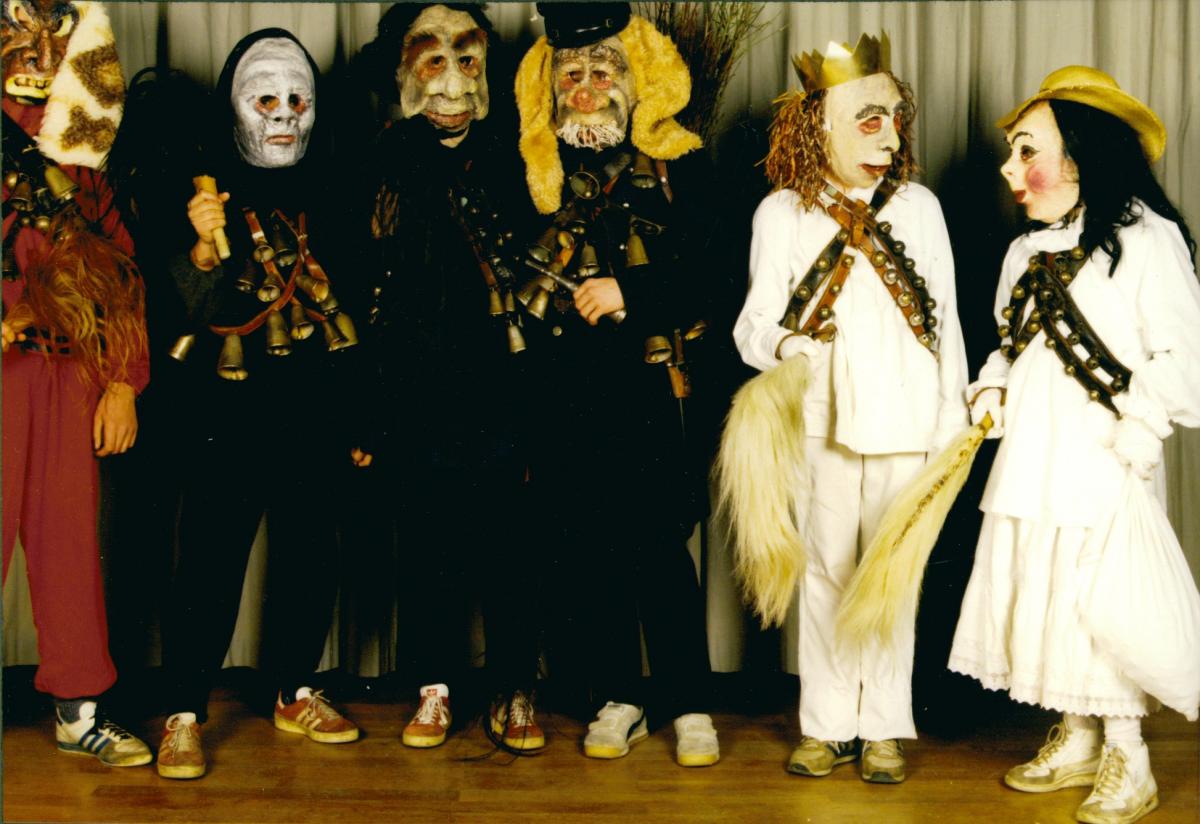
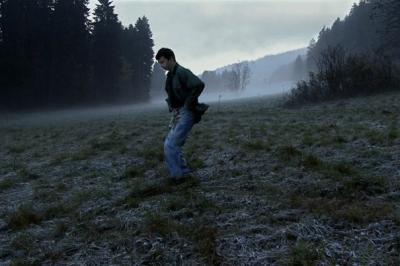


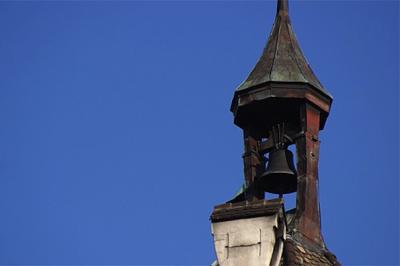
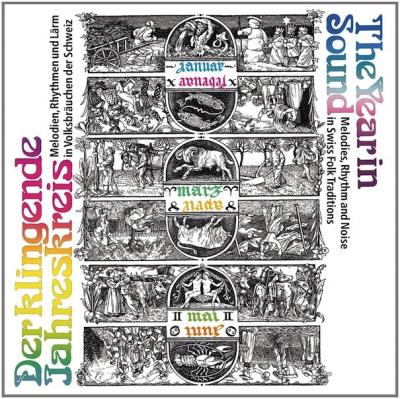
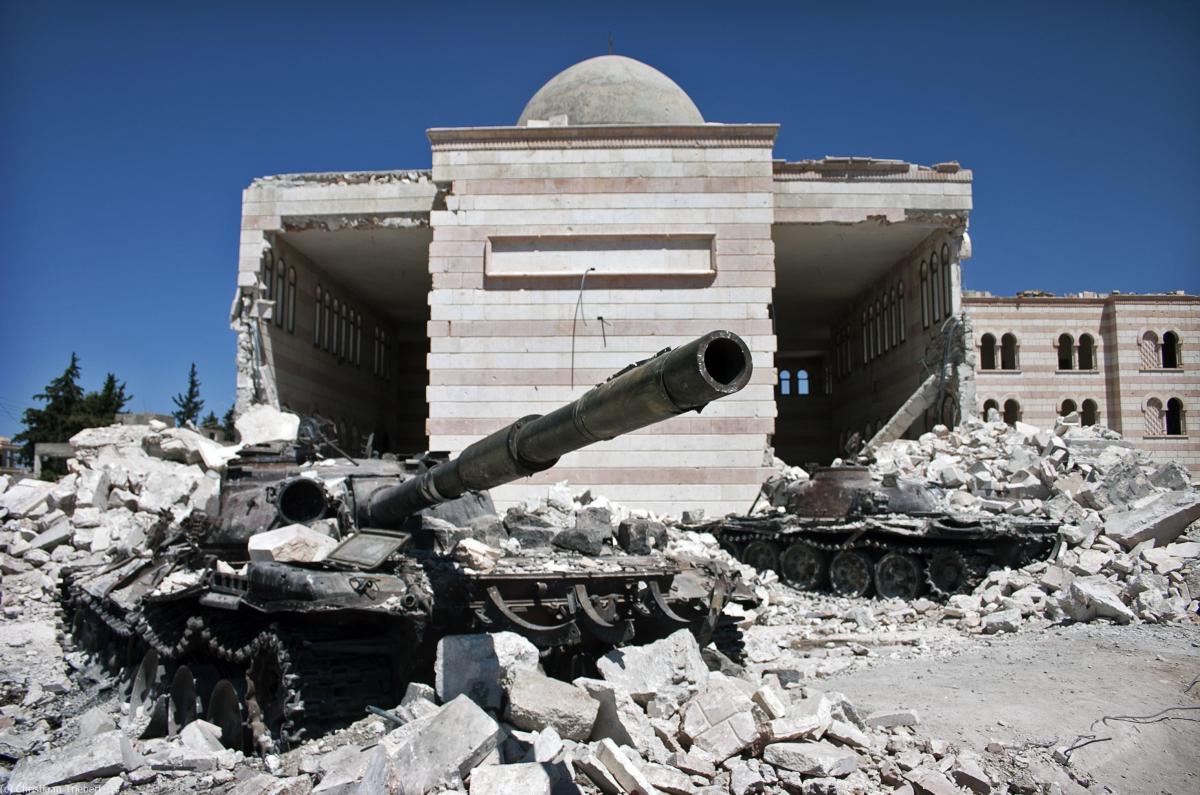
![Daniel Kordík - [Sy][ria]](/sites/norient.com/files/styles/scale_400/public/2019-06/syria.jpg?itok=O1Vj6CZF)
